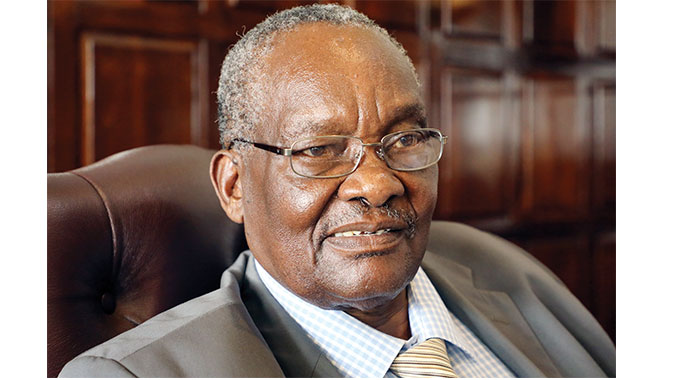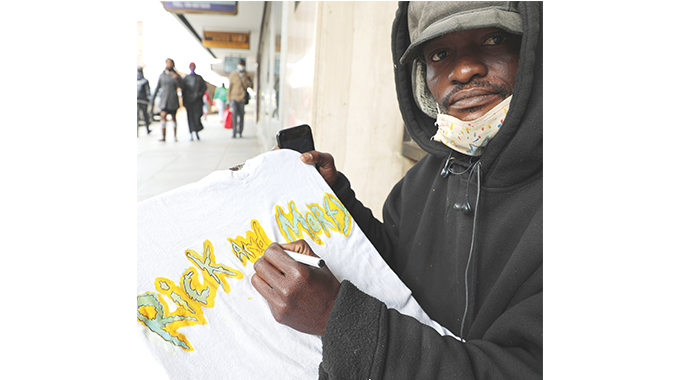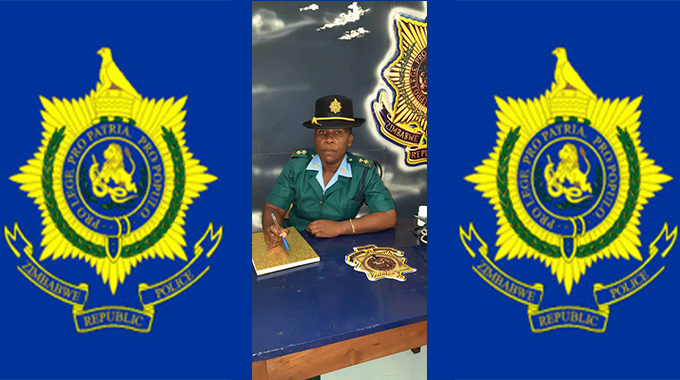Covid-19 delays processes for Gukurahundi exhumations

Midlands Bureau
COVID-19 has negatively affected the laying of the groundwork for the process that will culminate in Gukurahundi exhumations, the National Peace and Reconciliation Commission (NPRC) chairperson Retired Justice Selo Nare has said.
The deadly global pandemic has also affected economies and caused food shortages that may become a source of conflict, the commission has noted.
Exhumation of Gukurahundi victims for proper burials is one of the ways aimed at assisting healing in affected communities and the country at large. The NPRC has started training provincial peace committees that will engage people leading to public hearings and exhumations.
President Mnangagwa has encouraged citizens to openly speak on Gukurahundi and has reiterated that no subject should be made taboo in resolving conflict.
The President has so far held two meetings with civil society and a separate one with chiefs to promote national healing. The NPRC is expected to lead the exhumation and reburials of Gukurahundi victims, some of whom were buried in mass and shallow graves at the height of the 1980s disturbances largely concentrated in Matabeleland and Midlands provinces.
Provincial peace committees that consist of various societal groups who are players on issues to do with conflict resolutions are playing a role in the process.
Speaking at the Midlands Provincial NPRC committee induction on Thursday, Justice Nare said that exhumation of Gukurahundi victims is one of the phases in NPRC’s scheme of healing affected communities.
He said the issue of Gukurahundi will be addressed in stages where issues of exhumation are one area which is key in the effort to try to heal and bring peace to the areas affected by the disturbances. “If it was not because of the Covid -19 pandemic I think we would’ve gone a long way. We would have gone to Silobela, to other areas such as Nkayi which were affected but unfortunately there were some disturbances and that couldn’t be realised. We will still go to those areas in order to meet the people there, have some meetings with them in order to hear what the people say and be able to establish their exact position in as much as Gukurahundi is concerned,” said Justice Nare.
He said the Covid-19 outbreak and subsequent lockdown had also become a source of conflict in communities as they wrestle to access basic commodities.
“The commission has also been seized with complaints on access to basic commodities during this lockdown which has really disturbed people’s peace in communities. To that effect we have provided strategic advice to the Government and police which has also since influenced the distribution of food such as mealie meal. We continue to advocate for peaceful ways enforcing Covid-19 regulations,” he said.
The commission, Justice Nare said, is victim-centred as opposed to being commission-centred hence it will be proper to go to the victims to find out how they were affected.
Justice Nare said the commission intends to involve traditional chiefs in the stages of the national project of healing. “In effect the President’s first leg of visit to Matabeleland opened a chapter to say people can talk about Gukurahundi and must not be afraid to talk about Gukurahundi. And to show his determination of healing or bringing healing to Gukurahundi, he had another meeting where he used the civil society where he engaged war veterans and engaged other groups that were relevant to the healing of Gukurahundi,” said Justice Nare.
He said skills-strengthening is imminent among community peace cadres as they prepare to resolve prevailing conflicts emanating from political, economic and historical events. He said the provincial peace committee must be an engine to promote tolerance and provide strategic advice and early warning on potential threats to the peace and stability of the communities.
Justice Nare said skills training is part of a robust national programme where, district and provincial peace committees will conduct hearings on conflict matters which include political violence victims across the country in an effort to bring peace and harmony among citizens.
“I’m fully aware that the Midlands Province is currently burdened with serious conflicts especially in the artisanal and small-scale mining sector as well as historical conflicts emanating from the Gukurahundi era. This training will equip you as provincial peace cadres to penetrate into communities and solve past and emerging challenges,” he said.
The provincial peace committee comprises 40 people drawn from political parties, Government, traditional leaders, churches, arts and cultural organisations, civil society, business, academia, persons with disabilities, women and youth, among others.
The committee will engage in public education, sensitisation and awareness about conflict indicators and how to ameliorate them while facilitating organisation of activities that build friendships, promote trust and goodwill between communities in conflict.












Comments